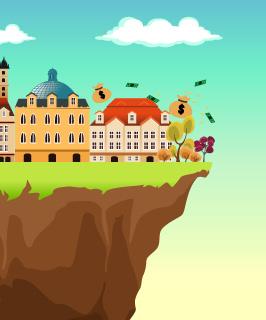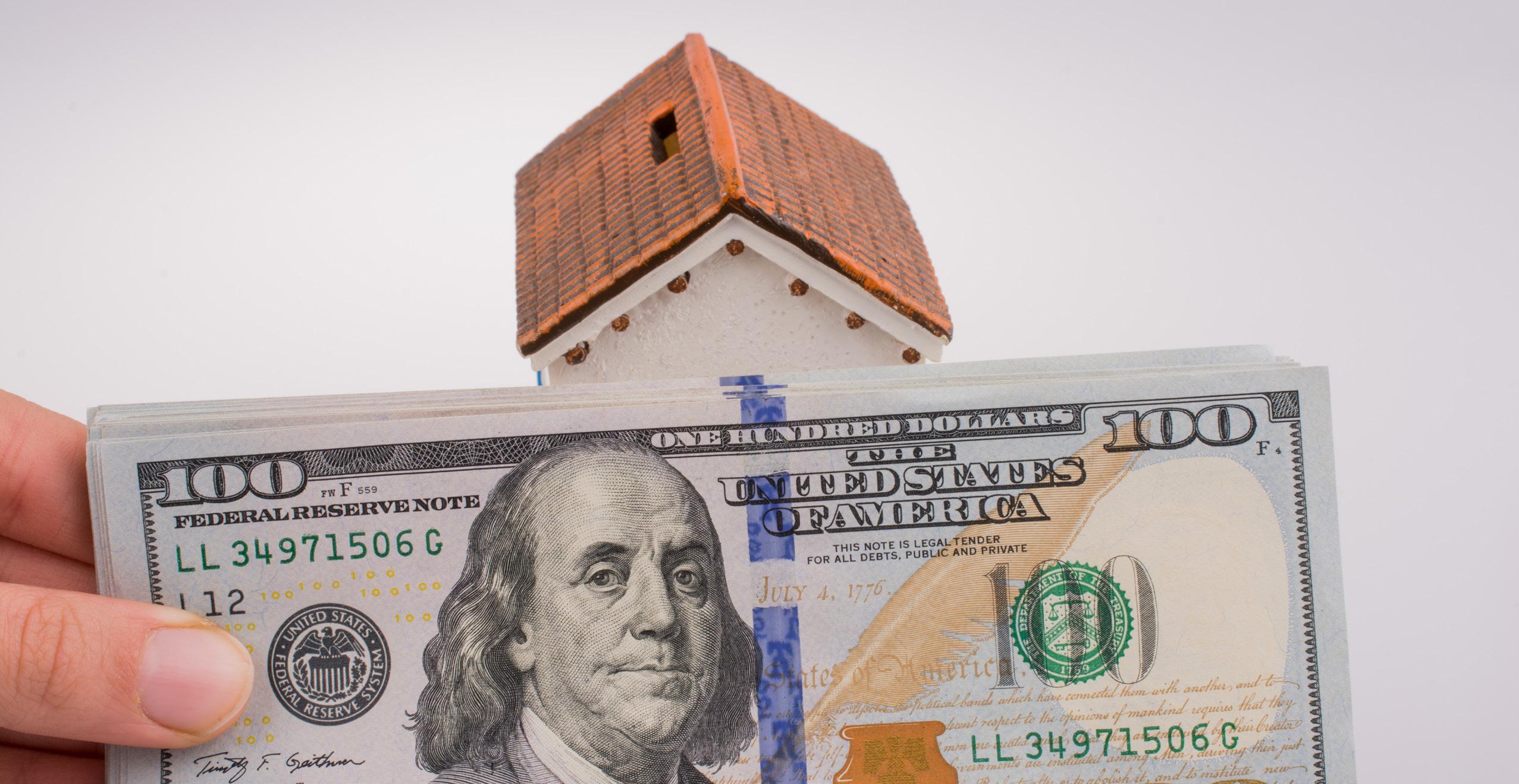
3 minute read
The Bay Area Housing Market
Kenneth Session

THE BAY AREA HOUSING MARKET: PROJECTING THE FUTURE OF BAY AREA HOUSING MARKET
A PEEP INTO THE BAY AREA HOUSING MARKET
According to C.A.R., Bay Area’s housing price growth in November was the largest price increase in California. Although the pandemic has taken a significant toll on other economic sectors (services, retail, etc.), technology has continued to thrive. San Francisco is a city mainly driven by tech; therefore, the urgent demand for vacancies has doubled as many people are working from home. There is an urgent need for more offices as so many transactions have been taken online.
According to a Mercury News, the San Francisco Bay Area boasted an increase in growth during the pandemic as highincome-earning tech workers who were steadily employed leveraged on the lockdown by saving their money (which may have been used for traveling and other leisure activities) and purchasing real estate properties.
IT IS DIFFICULT TO OWN A HOUSE IN BAY AREAS NOW
Why affordability may not be a problem of homeownership in Bay Areas, availability is. Considering the popularity of San Francisco and the rat race for accommodation, it is almost a task for someone to find a house of their choice. This is because there is an increase in demand for houses, so the competition for who owns and rents a place automatically skyrockets, leaving little space for neophyte investors and homeowners to tussle.

APPRECIATION RATES HAVE WORSENED HOUSING OPPORTUNITIES FOR LOWINCOME EARNERS
The extreme competition for housing units has hiked prices, making it even harder for low-income earners to meet up with the cost of living in the area. Even if they manage to secure a place for the meantime, with the increase in demand and consequent increment in the cost of living and properties, they may not be able to maintain their standard of living in the area and might be forced to migrate to where their finances can be accommodated.
THE POST PANDEMIC FATE OF THE BAY AREA HOUSING
The pandemic has dealt a big blow to the real estate Bay Area housing market. Considering the population in San Francisco and other Bay Areas, people may go low on cash due to the lockdown, which is a direct effect of the changes in the means of income generation. That means there may be:
Areduction in the price of houses:
since many people are out of jobs, some others have a slashed income due to company policies to carry along as many workers as possible. When many people cannot afford the prices of houses and rents, supply will decrease and leave the seller with no other option than to reduce the price.
A growth of income inequality:
this is because many workers whose work thrived remotely (working from home) may see the need to remain that way; there’ll be little or no difference in their income rate. Whereas people whose job requires physical contact might be needing some help to get on their feet, pay their rents, and even get an office. These jobs are reliant on income, so, therefore, there will be an unequal rate of income generation for these parties, who may have had it all working out for them previously.
THERE IS HOPE
However, there are signs that the economy will be stable, as many people who have made so much money from home might decide to go into the real estate market. This will create more homes and more jobs in the Bay Area housing market for the residents. Investors will buy properties at a cheaper rate and make a better profit when the property appreciates later.
References
https://www.noradarealestate.com/blog/sanfrancisco-real-estate-market/ https://www.mercurynews.com/2021/01/02/ borenstein-the-radical-shift-in-bay-areahousing-jobs-and-transit/ https://www.urban.org/urban-wire/bay-areashousing-crisis-four-charts https://www.kqed.org/news/11818184/bayarea-housing-post-pandemic-whats-in-store











